A wellness test is a medical investigation, such as a yearly physical checkup, which is aimed at preventing health problems in an apparently healthy person. It is in contrast to the type of medical tests you get when you have specific symptoms that need to be diagnosed. In the wellness tests, the doctor may draw blood or take urine and stool samples to check the level of certain substances in your body.
Some of the important tests your Doctor may request are explained below. Your Doctor will usually advise you on how frequently you will need to take these tests as this will depend on your age and sex, your present state of health and your risk factors.
The full blood count is the measure of the concentration of white blood cells, red blood cells, and platelets in the blood and helps detect a wide range of disorders, including anaemia, infection and leukaemia. Red blood cells carry oxygen and low levels are seen in anaemia. White blood cells fight infection and could be high if there is an infection or leukaemia. Platelets help with blood clotting. Abnormally high or low levels can be seen in anaemia, bleeding disorders, iron deficiency, leukaemia etc.
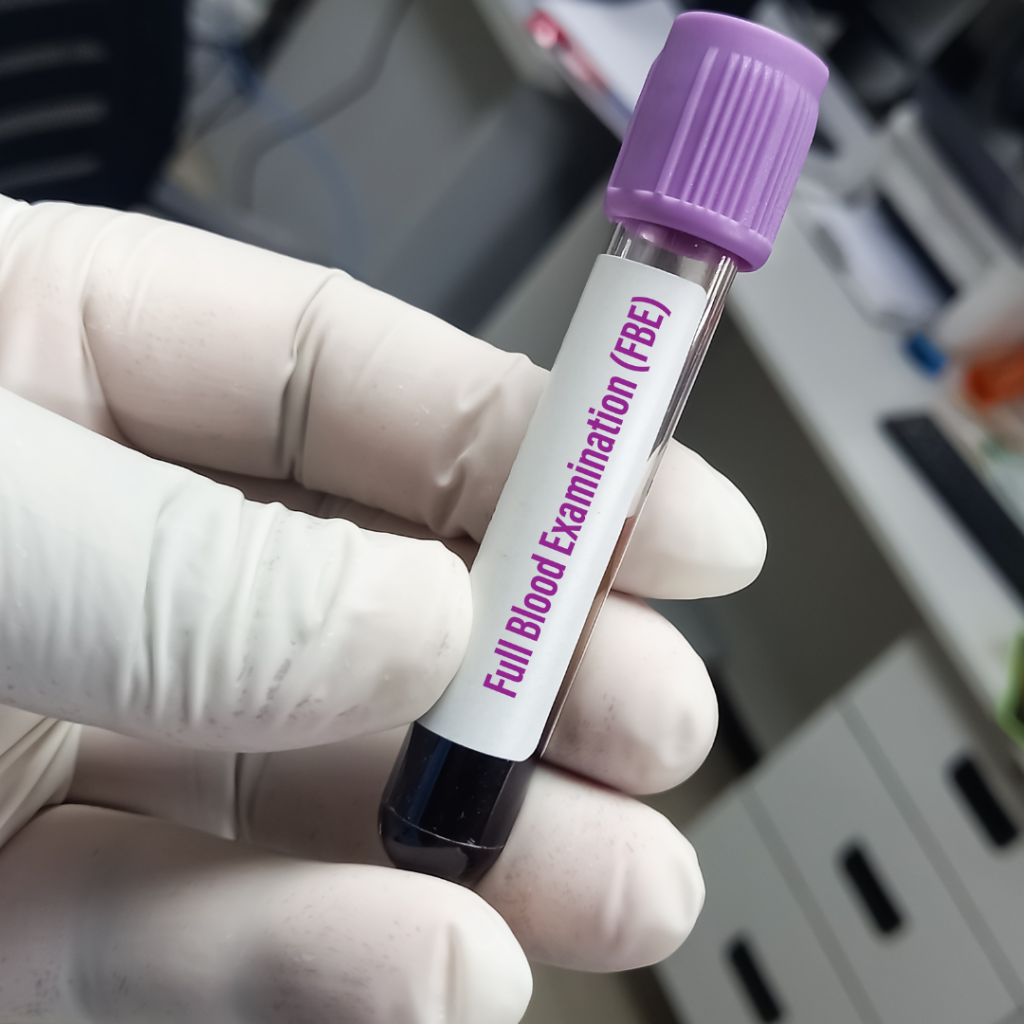
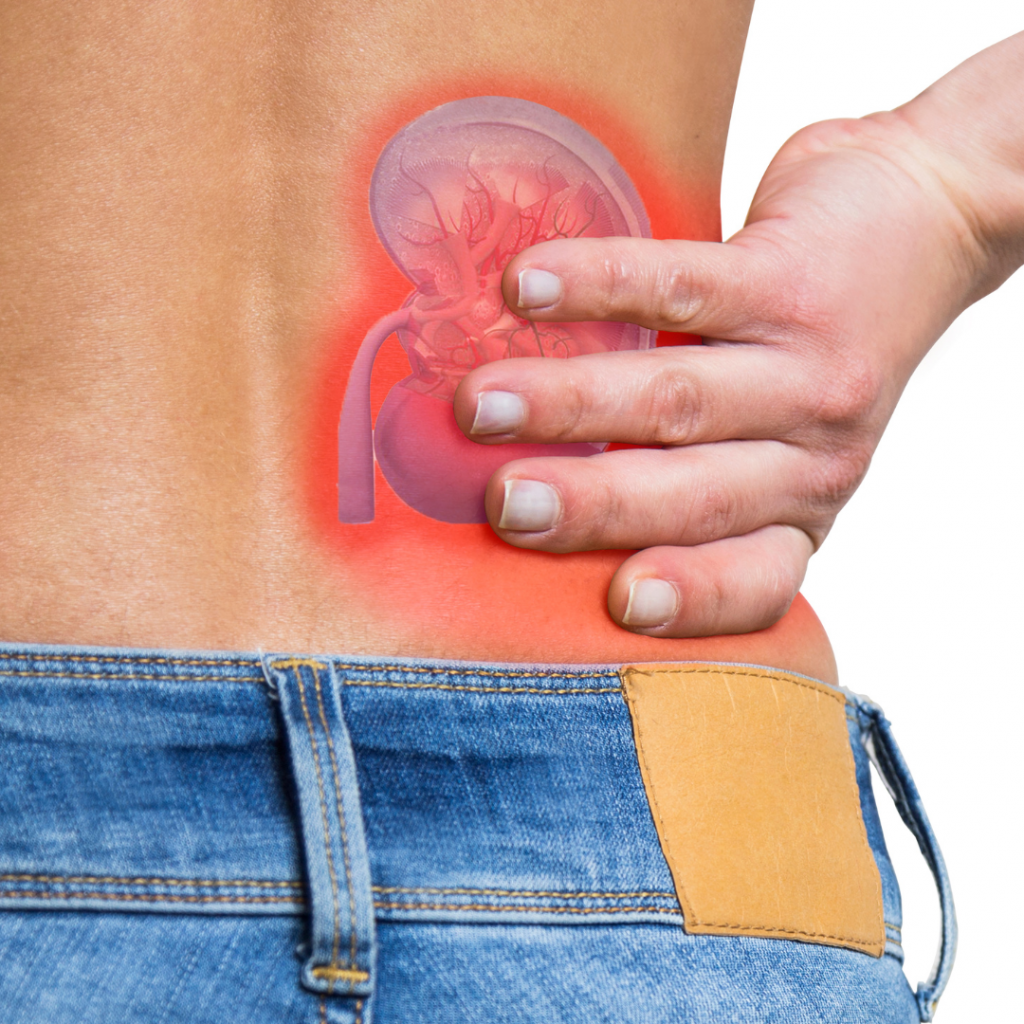
Urea measures the amount of urea that is in your blood. Healthy kidneys remove urea and other waste products from your blood. A urea test can reveal whether your urea levels are higher than normal, suggesting that your kidneys may not be working properly.
Creatinine is a chemical waste product that is produced by muscle metabolism and by eating meat. Healthy kidneys remove creatinine and other waste products from your blood. If your kidneys are not functioning properly, an increased level of creatinine may accumulate in your blood.
Your doctor may conduct liver function tests if you have liver disease, you drink alcohol excessively, you are taking medication that can harm the liver or you have symptoms of liver or bile system disease (nausea and vomiting, abdominal pain or yellow skin).
The liver filters and processes blood as it circulates through the body. It metabolises nutrients, detoxifies harmful substances, makes blood clotting proteins, and performs many other vital functions.
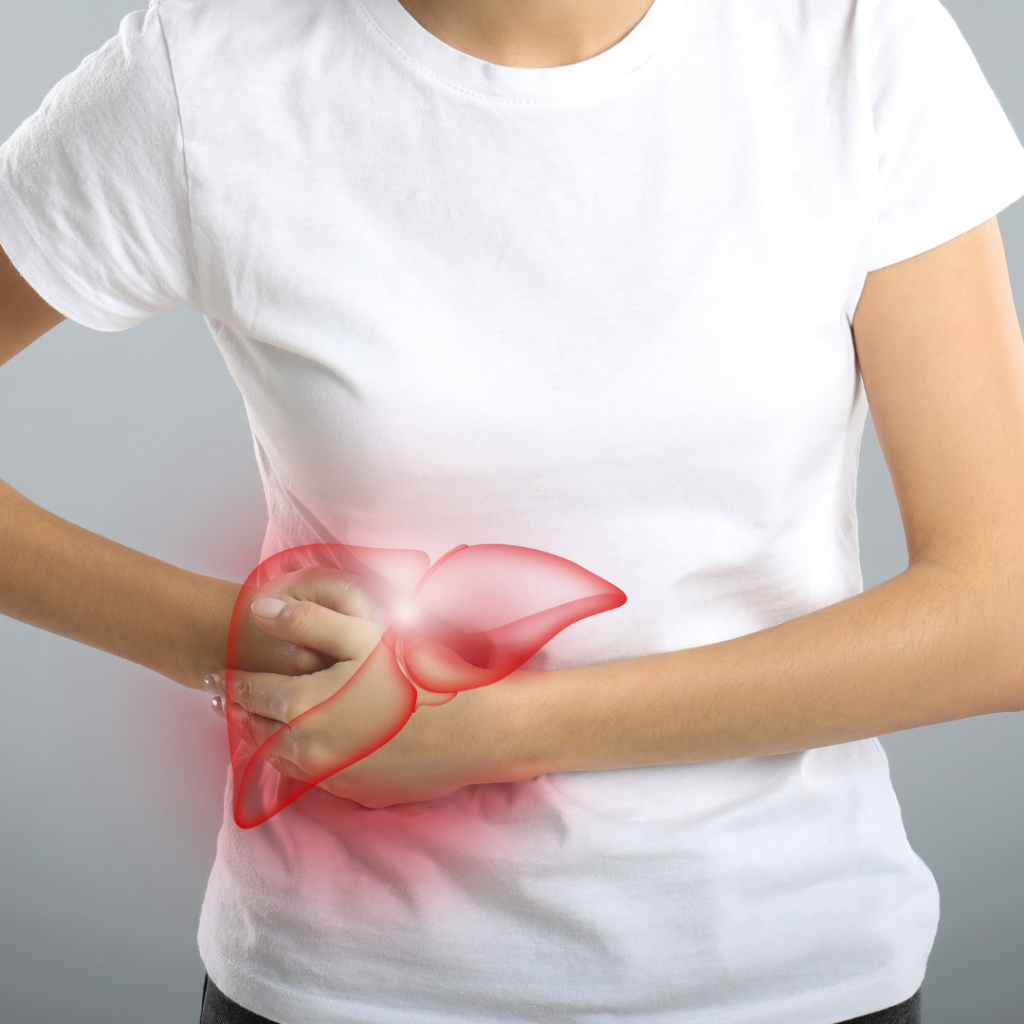
The cells in the liver contain enzymes that carry out these chemical reactions. When liver cells are damaged or destroyed, the enzymes in the cells leak out into the blood, where they can be measured by blood tests. The two main enzymes that are elevated in liver disease are aspartate aminotransferase (AST) and alanine aminotransferase (ALT). Alkaline phosphatase (ALP) and gamma glutamyl transferase (GGT) may also be increased if there is liver disease. ALP and GGT may indicate that there is an obstruction in the liver, although there may be other reasons for these enzymes being increased as well.
Albumin is the main protein made by the liver. It performs many important functions including transport of hormones, vitamins, and other substances throughout the body. A low albumin level indicates that the liver is not functioning properly. Albumin may also be decreased when you have an infection or inflammation.
Bilirubin is a waste product resulting from the breakdown of red blood cells. It is processed by the liver before being excreted through the stool. If your liver is damaged, it cannot properly process bilirubin. This will lead to an abnormally high level of bilirubin in the blood.

This measures blood sugar (glucose) after you have not eaten for at least 8 hours. It is often the first test done to check for diabetes. Glucose comes from carbohydrate foods and is the main source of energy used by the body. Insulin is a hormone produced in the pancreas that helps your body's cells use glucose. Normally, your blood glucose levels increase slightly after you eat. This increase causes your pancreas to release insulin so that your blood glucose levels do not get too high. In diabetes the blood glucose levels are higher than normal.
The liver filters and processes blood as it circulates through the body. It metabolises nutrients, detoxifies harmful substances, makes blood clotting proteins, and performs many other vital functions.
The haemoglobin A1c (HbA1c) test or glycated haemoglobin test is a blood test used to diagnose diabetes and to determine how well your diabetes is being controlled.
Haemoglobin is a substance within red blood cells that carries oxygen throughout your body. When your diabetes is not controlled, sugar builds up in your blood and combines with your haemoglobin, which becomes "glycated". Haemoglobin A1c is a measure of the average concentration of your blood sugar over the preceding six to twelve week period and is used in conjunction with blood sugar monitoring to make adjustments in your diabetes medicines. If your blood sugar levels have been high over recent weeks, your HbA1c test result will be higher than normal.
The liver filters and processes blood as it circulates through the body. It metabolises nutrients, detoxifies harmful substances, makes blood clotting proteins, and performs many other vital functions.
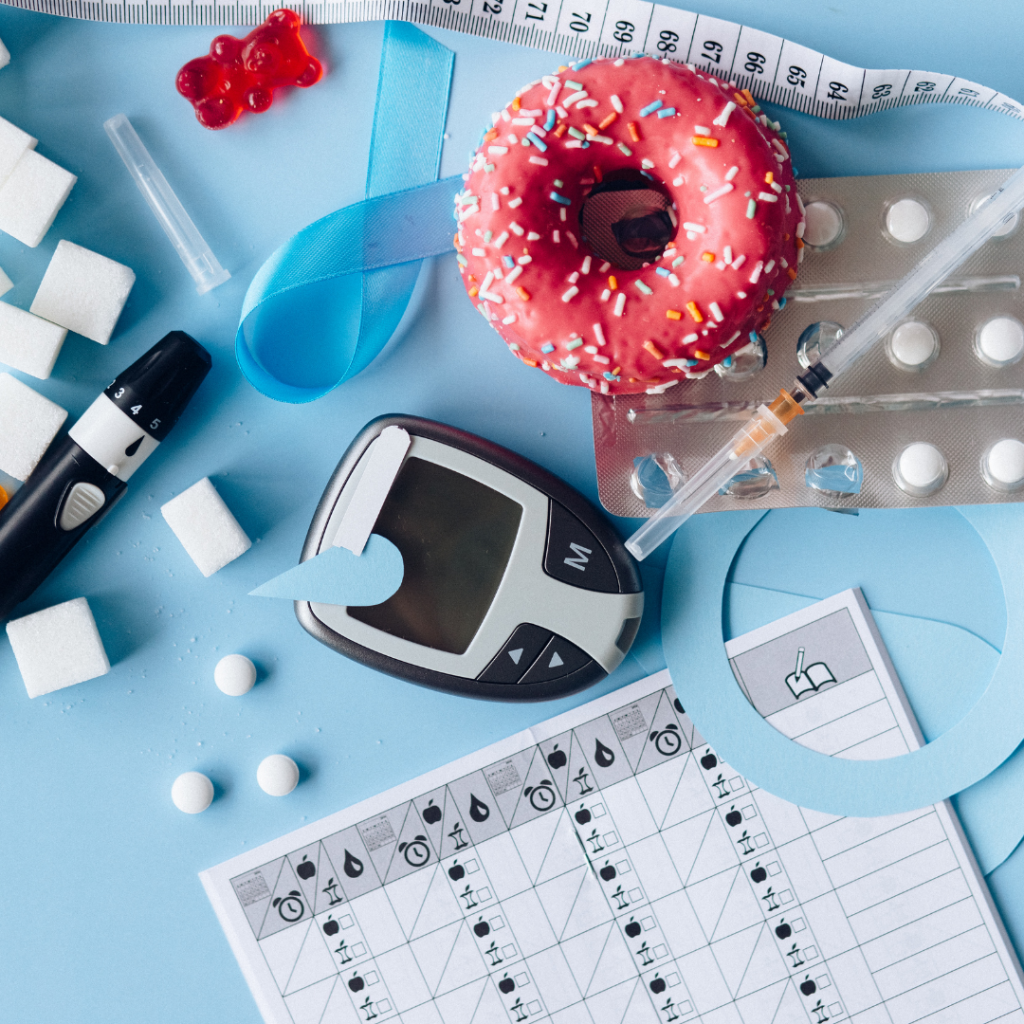
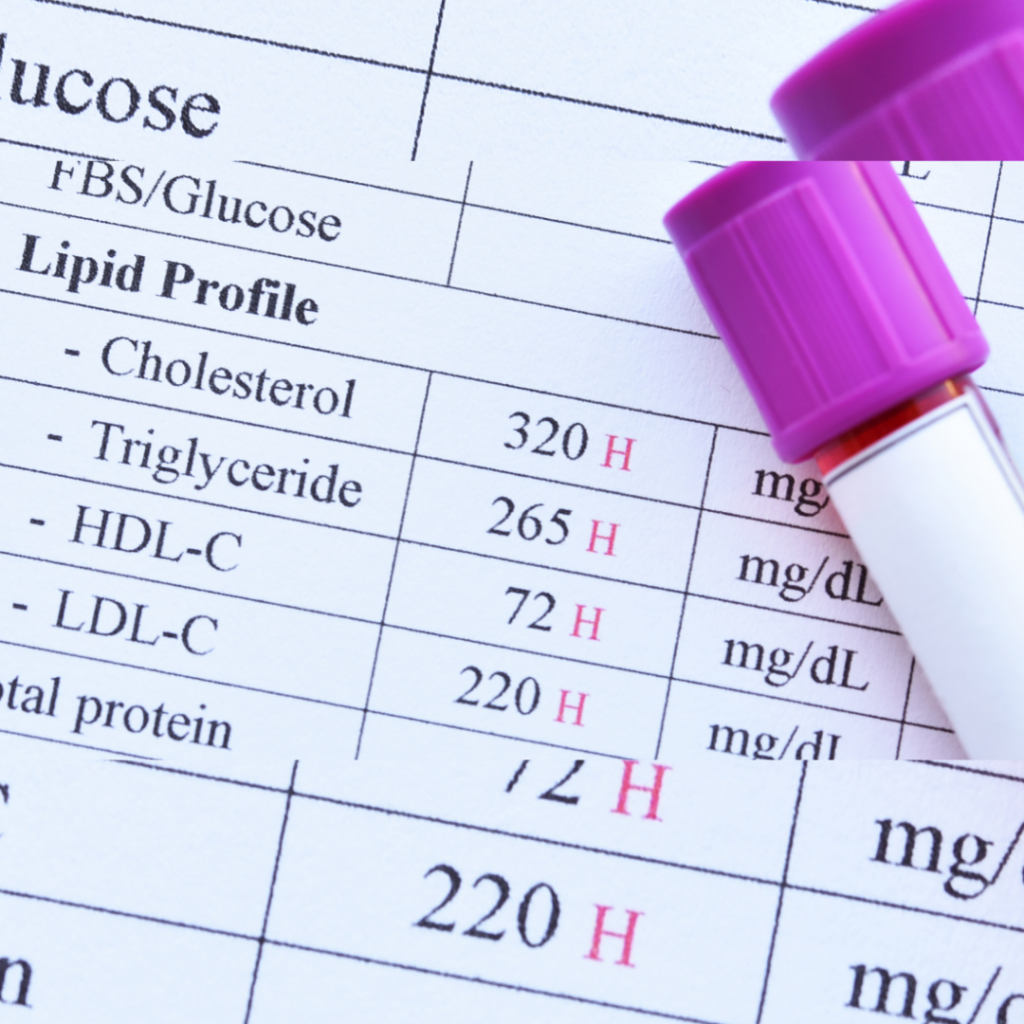
This test measures the amount of lipids (cholesterol and other fats) in the blood and it is done to assess your risk of developing cardiovascular disease (heart and blood vessel disease). Excessive lipids in the blood cause a buildup of plaques in the arteries that can lead to narrowed or blocked arteries throughout the body (atherosclerosis), causing reduced blood flow. Atherosclerosis can result in heart disease, kidney disease and stroke.
Typically, you will be required to fast for 10-12 hours (no food or drink, except water) before the test, to eliminate the contribution of any fat you recently ate.
Triglycerides (TG) are a type of fat in the blood. When you eat, your body converts any calories it doesn't need into triglycerides, which are stored in fat cells. High triglyceride levels are associated with several factors, including being overweight, eating too many sweets or drinking too much alcohol, smoking, sedentary lifestyle, diabetes, thyroid or liver disease and genetic conditions. High levels of triglycerides are related to a higher risk of heart and blood vessel disease.
Total Cholesterol (TC): Cholesterol is a type of fat found in your blood. It is produced by your body and also comes from the foods you eat (animal products). Cholesterol is needed by your body to maintain the health of your cells. Total cholesterol level is the sum of all the types of cholesterol in your blood including low density lipoproteins (LDL), high density lipoproteins (HDL), and very low density lipoproteins (VLDL).The higher your total cholesterol, the greater your risk for heart disease. As cholesterol and triglycerides are insoluble in blood, they need to be transported in our body. The role of lipoprotein particles is to transport triglycerides and cholesterol in the blood between all the tissues of the body.
High Density Lipoprotein (HDL) or “Good cholesterol" is a lipoprotein (a combination of fat and protein) found in the blood. It is called "good" cholesterol because it removes excess cholesterol from the blood and takes it to the liver for disposal. A high HDL level is related to lower risk of heart and blood vessel disease, i.e. the higher your HDL level, the better. Low Density Lipoprotein (LDL) or “Bad cholesterol” is a lipoprotein (a combination of fat and protein) found in the blood. It is called "bad" cholesterol because it picks up cholesterol from the blood and takes it to the cells. A high LDL level is related to a higher risk of heart and blood vessel disease. Reducing the LDL level is a major treatment target for cholesterol-lowering medications.
Hepatitis B is a disease caused by the hepatitis B virus (HBV). Infection with this virus can cause scarring of the liver, liver failure, liver cancer, and even death. Hepatitis B is spread by infected blood and other bodily fluids such as semen, vaginal secretions and open sores.
Typically, you will be required to fast for 10-12 hours (no food or drink, except water) before the test, to eliminate the contribution of any fat you recently ate.


The human immunodeficiency virus (HIV) is spread by sex, contact with infected blood and from mother to child during pregnancy, childbirth or breast-feeding. HIV interferes with your body's ability to fight the organisms that cause disease by weakening your immune system to the point that you have AIDS (acquired immune deficiency syndrome).
Typically, you will be required to fast for 10-12 hours (no food or drink, except water) before the test, to eliminate the contribution of any fat you recently ate.
These may be used to diagnose the presence or absence of a number of medical conditions.
Typically, you will be required to fast for 10-12 hours (no food or drink, except water) before the test, to eliminate the contribution of any fat you recently ate.
Two tests are commonly used to screen for prostate cancer:
Richmond, Johannesburg,
2092